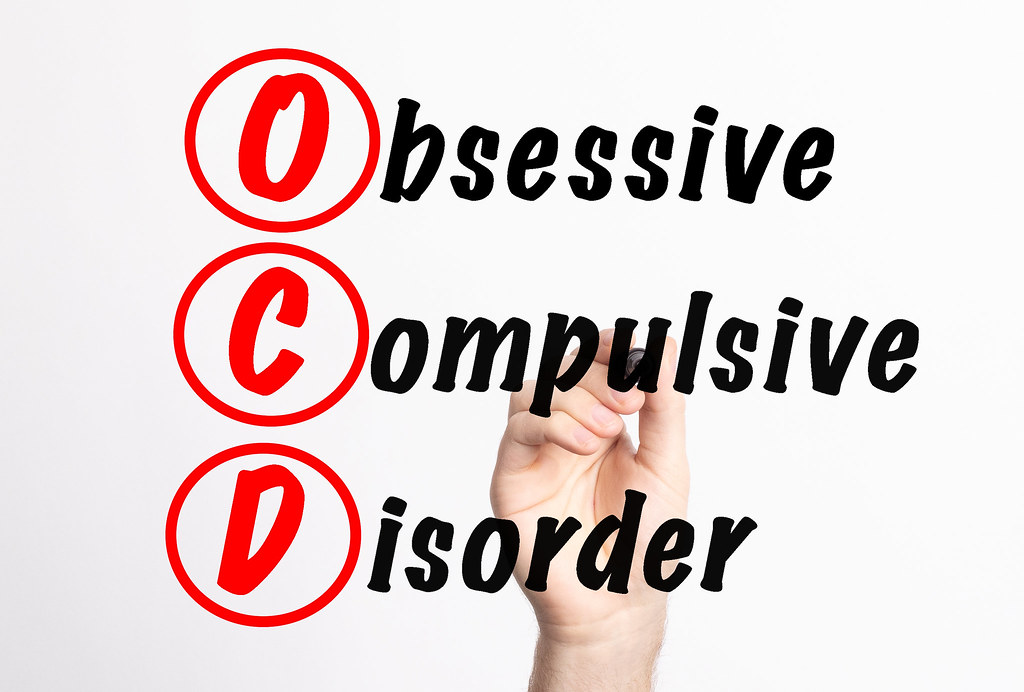
How Can Mental Hygiene Help Our Elders
How Can Mental Hygiene Help Our Elders
Mental hygiene (or cerebral hygiene) is a term created in the 19th century to designate all the precautions and measures allowing a psychological balance. It prevents mental illness and helps the person to feel well in society.
Let’s learn more about mental hygiene and the habits to adopt to regain a healthy life.
What is mental hygiene?
Mental hygiene can be about the community, that is, the means used by society to maintain the psychological well-being of everyone. It prevents the onset of mental illnesses in the greatest number of members of this population and maladaptive behavioral disorders to avoid public order problems, for example.
Each person can also apply his or her mental hygiene principles to maintain or improve his or her physical and psychological well-being. It helps to maintain a healthy lifestyle, to feel fit, motivated, happy, and fulfilled and guarantees the psychological balance essential for good mental health.
Mental hygiene encourages the idea of “a healthy mind in a healthy body”. Nutritional and metabolic disorders caused by poor diet, sedentary lifestyle, alcohol or tobacco consumption, poor sleep quality, or worry are detrimental to health and can lead to mental illness.
Good to know: all the elements of a healthy lifestyle help to reduce the risk of cardiovascular disease and, at the same time, preserve good mental health for longer (delaying the onset of dementia or Alzheimer’s disease).
Mental hygiene and good lifestyle habits

Adopting healthy habits is as vital for the body as it is for the mind. Mental hygiene offers several recommendations:
Have self-confidence: practicing activities that value one’s skills and abilities help to build confidence. This can include sports activities but also self-esteem techniques. Being open to compliments and becoming one’s own best friend helps reduce negative self-criticism.
Regular physical activity: not only does it have a euphoric effect as early as 30 minutes, but it also has a relaxing effect in the long term when practiced regularly. It also improves sleep and prevents depression. Doing 30 minutes of walking per day and 3 times 30 minutes of moderate to intense activity per week is recommended.
Relaxation: taking breaks during the day, learning to breathe calmly and confidently, stretching, and listening to oneself, improves mental well-being and prevents the appearance of anxiety in the long term.
Meditation: Meditation allows you to replace parasitic thoughts with positive thoughts turned towards the present. It encourages contemplation of the present moment and reduces ruminations.
Sleep well: sleep is one of the pillars of good mental health. Having good sleep hygiene is essential. Going to bed regularly, disconnecting from screens at least one hour before bedtime, practicing relaxing activities, reading, and avoiding heavy meals and stimulants in the evening all contribute to a restful sleep.
Avoid intoxicants: some habits can promote well-being and mental health, but others can have a harmful effect and lead to depression, isolation, anxiety: boredom, isolation, avoidance of important tasks, smoking, alcohol, coffee, or drugs.
Combat stress: chronic and poorly managed stress increases the risk of depression, anxiety disorders, and addictions. Mental hygiene recommends practicing activities that promote relaxation: deep breathing, physical activity, sharing activities with others, massage, and activities that provide experience.
Practice a media diet: disconnecting from social networks, emails, television, radio, or newspapers for a few hours or days allows you to refocus on yourself and limit the external solicitations that often cause anxiety.
Personal work on trauma: psychotherapy with a psychologist helps to overcome negative emotions linked to a psychological and emotional shock.
It is not always easy to apply all these recommendations. In some cases, the obstacle lies in the organization of daily life. In this case, it is essential to think about your priorities and apply these principles gradually, at your own pace.
In other cases, the blockage may be more profound, and the help of a psychologist may be necessary. Tools to help motivate people to change their behavior can help them gradually change their lifestyle satisfactorily and according to their objectives.
You May Also Like

Simple Yet Effective Tips to Take Care of Your Mental Health during a Pandemic
2022-01-13
Treating OCD With Exposure Therapy
2021-08-26

